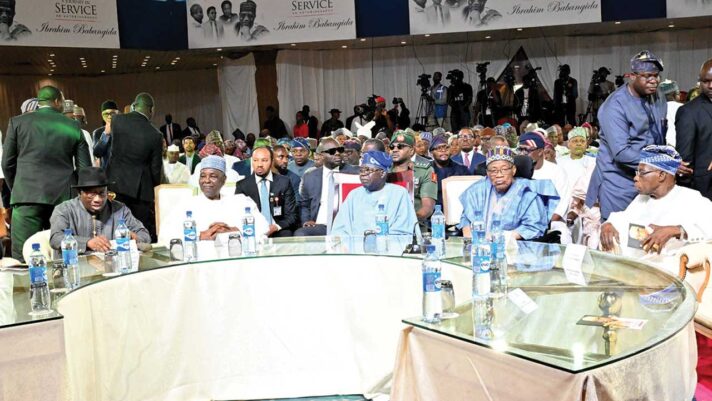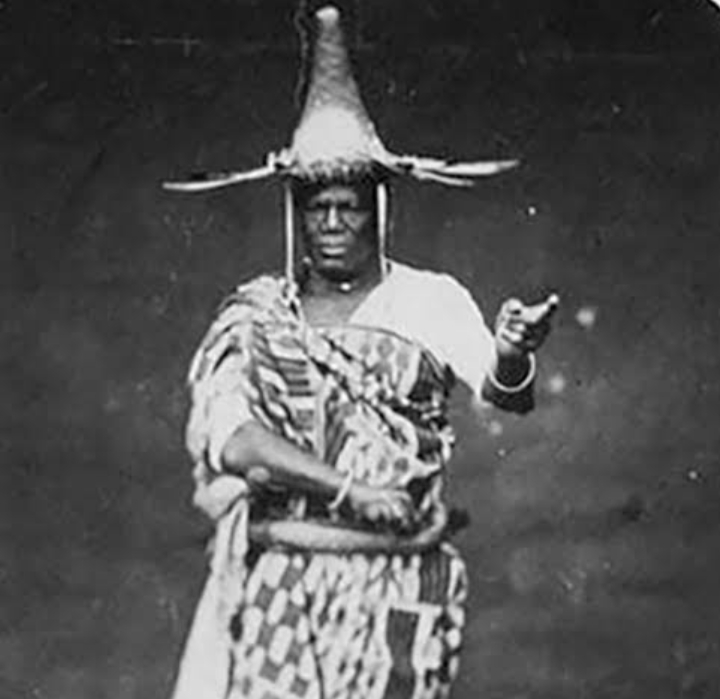“The truth will always triumph over falsehood.” These were the prophetic words of the late Bashorun MKO Abiola. Now, thirty-two years after Nigeria’s most controversial election, former Military President General Ibrahim Babangida has publicly confirmed what many Nigerians already believed—Abiola indeed won the June 12, 1993, presidential election.
In a candid revelation during the presentation of his autobiography, A Journey in Service, Babangida admitted that the annulled election was both credible and fair, describing its nullification as a grave misstep driven by powerful forces within his administration.
A Painful Admission
Babangida, often referred to as “IBB,” painted a complex picture of the chaotic political climate leading up to the annulment. “Undoubtedly credible, free, and fair elections were held on June 12, 1993. However, the tragic irony is that the administration that designed a near-perfect electoral system could not complete the process,” he said.
With visible regret, Babangida accepted full responsibility for the annulment, acknowledging that it was a decision that derailed Nigeria’s democratic trajectory. “Our nation’s march to democracy was interrupted, a fact I deeply regret,” he confessed. Yet, he maintained that every decision made was in the “supreme national interest.”
The Shadowy Forces Behind the Annulment
Babangida’s account reveals a government in turmoil, plagued by conflicting interests. The journey to the annulment began when the Association for a Better Nigeria (ABN), led by Arthur Nzeribe, secured an injunction from Justice Bassey Ikpeme to halt the election. Babangida claims he was blindsided by this move, emphasizing that the decision to annul was orchestrated by influential figures, notably General Sani Abacha.
“I remember saying: ‘These nefarious inside forces have outflanked me!’” Babangida recounted. Despite his initial directive to proceed with the elections, internal sabotage led to the abrupt suspension of results on June 16, 1993, without his authorization.
The Fallout: A Nation in Turmoil
The annulment triggered nationwide protests and unrest. Despite efforts by pro-democracy groups, including the National Democratic Coalition (NADECO) and prominent senators like Bola Tinubu, the military government stood firm.
Facing mounting pressure, Babangida “stepped aside” on August 27, 1993, handing over power to Chief Ernest Shonekan’s Interim National Government. But Shonekan’s short-lived tenure ended with Abacha’s coup on November 17, 1993, plunging Nigeria into a brutal dictatorship.
Abiola’s declaration of himself as Nigeria’s rightful president on June 12, 1994, led to his arrest. Detained under harsh conditions, Abiola remained a symbol of democratic resistance until his controversial death on July 7, 1998, shortly after Abacha’s demise.
Calls for Justice and Recognition
Babangida’s admission has reignited demands for justice. The Coalition of United Political Parties (CUPP) has called on President Bola Tinubu to posthumously declare Abiola as a former president, recognizing the mandate cruelly denied to him.
CUPP’s National Secretary, Chief Peter Ameh, emphasized the importance of righting this historical wrong: “Recognizing Abiola’s presidency posthumously would promote national healing, reconciliation, and democratic growth.”
Ameh highlighted how the annulment’s aftermath perpetuated electoral malpractice and weakened Nigeria’s democratic institutions. “The consequences have been profound. Nigeria’s development has been hindered by persistent electoral theft and undemocratic interference,” he stated.
A Nation at a Crossroads
As Nigeria reflects on Babangida’s startling admission, the question remains: Can the country finally heal from the wounds of June 12? Recognizing Abiola’s victory posthumously could serve as a powerful symbol of national reconciliation, acknowledging the resilience of democracy and the will of the Nigerian people.
Babangida’s confession, though decades late, has reopened old wounds but also offers a glimmer of hope—that the truth, as Abiola once said, will always triumph over falsehood.





